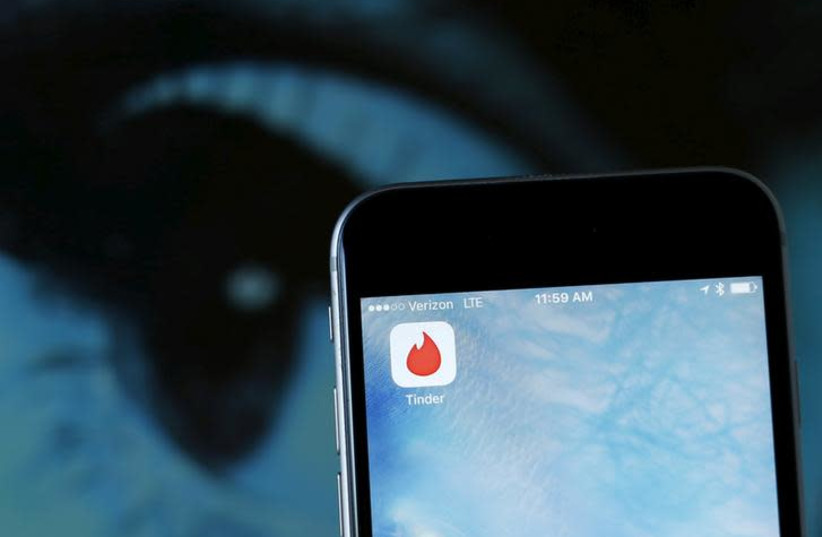Tinder has unveiled plans for a new feature that would, for a price, enable users to contact people that they haven’t matched with. While this may provide users with the opportunity to connect, experts have warned that this could increase the abuse and harassment faced by women on the app.
The “ultra-premium” feature will cost users £4,925 a year (approximately NIS 19,940.92 or USD 5,238.61), according to The Independent. The profiles subscribed to the feature will automatically be included in the “most sought-after” section of the site.
Tinder warned The Independent that they would only ask the most active users to join and that “Tinder users can opt out of receiving messages from Tinder Select members before matching via their settings. Tinder’s ‘block contact’ feature enables users to input contacts of anyone they know that they do not want to be seen by on Tinder. Users can block a profile at any point.”
However, Tinder’s statement hasn’t calmed all fears about the potential misuse of the feature.
Janaya Walker, of the End Violence Against Women Coalition, told The Independent that “This feature points to what we see as a wider pattern as tech platforms prioritize profit above women and girls’ safety.

“We’re concerned this feature could increase harassment and abuse of women on dating apps, which is already a huge issue and could potentially be exploited by perpetrators of domestic abuse, enabling them to find new communication channels with women.”
Seyi Akiwowo, founder and chief executive of Glitch, an anti-online abuse charity, told the news outlet that “Tinder Select is certainly a cause for concern. The abuse that’s enabled through dating apps reflects a broader, socially-sanctioned and unrelenting power imbalance that leaves women around the world pursued, harassed, and violated daily.”
Akiwowo went on to state that firms need to be “accountable for the decisions they consciously and continuously make to leave so many of us vulnerable to hate, abuse, and violence – online and off”.
“Enabling users to pay for access to the profiles of others is embedding a lack of consent, and presents very real risks in terms of stalking, domestic abuse and online abuse more broadly.”
An anonymous Tinder user shared the expert’s concerns, telling the Jerusalem Post that "I struggle to believe that people will pay so much when this is the literal premise of rival app Hinge. Having said that, it'll likely just up being used by the super-wealthy or pathological stalker types. Neither sits well with me!"
Tinder’s unfortunate history with sexual harassment
Tinder, while one of the better-known dating apps, inadvertently birthed another popular dating app – ‘Bumble.’
Bumble was founded in 2014 by former co-founder of Tinder Whitney Wolfe Herd, according to Business Insider. Herd left Tinder and later filed a sexual harassment lawsuit against Tinder.
Tinder settled the lawsuit for more than USD 1 million, along with some stock in the company.
Wolfe told Business Insider that she wanted her new app to empower women, which is why only women had the ability to message on the app first.
A 2022 survey by the BBC found that 33% of dating app users had experienced sexual harassment or abuse by someone they had met on a dating app. A further 47% had expressed being unhappy with how a complaint they had submitted to a dating app was handled.
